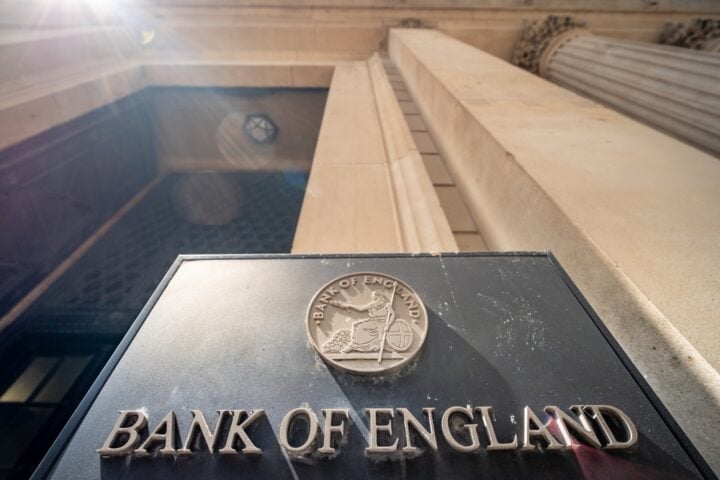A coalition of banks and business groups has filed a lawsuit against the Federal Reserve, challenging the annual bank stress test process. The plaintiffs, which include the Bank Policy Institute (BPI), the American Bankers Association, and other regional and national business organizations, claim that the Fed’s stress tests fail to comply with federal law by not allowing public input and transparency.
The Basis of the Lawsuit
The lawsuit, spearheaded by major banking institutions like JPMorgan Chase, Citigroup, and Goldman Sachs, argues that the current stress testing framework leads to “vacillating and unexplained requirements” on bank capital. The plaintiffs emphasize that they do not oppose the concept of stress testing but take issue with its execution.
The annual stress tests are designed to ensure banks have adequate capital to withstand economic downturns and dictate limits on share buybacks and dividend distributions. However, critics argue that the opaque nature of the process has led to higher capital requirements that hinder lending and economic growth.
Federal Reserve’s Response
Shortly after the lawsuit was filed, the Federal Reserve announced its intent to revise the stress testing process. In a statement, the Fed outlined plans to seek public input on “significant changes to improve the transparency of its bank stress tests and reduce the volatility of resulting capital buffer requirements.”
The Fed attributed the decision to “the evolving legal landscape,” citing recent changes in administrative laws. However, it clarified that the proposed changes would not significantly alter overall capital requirements.
Industry Reactions
BPI CEO Greg Baer welcomed the Fed’s announcement as a “first step toward transparency and accountability.” However, Baer hinted at the potential for further action, stating, “We are reviewing it closely and considering additional options to ensure timely reforms that are both good law and good policy.”
The banking industry has long voiced concerns about the stress testing process. In July, the BPI and the American Bankers Association accused the Fed of violating the Administrative Procedure Act by failing to seek public comment on stress test scenarios and keeping supervisory models confidential.
The Broader Implications
While the Fed’s announcement to revise the stress test process may be viewed as a partial victory for banks, it remains to be seen whether the changes will adequately address their concerns. Banks argue that the current capital requirements are excessively stringent, limiting their ability to lend and support economic growth.
At the heart of the lawsuit is a demand for greater transparency and public involvement in a process that significantly impacts the financial sector. If successful, the case could reshape how stress tests are conducted and potentially ease the regulatory burden on banks.
Moving Forward
The outcome of this lawsuit could set a precedent for regulatory transparency and accountability. As banks and regulators clash over the stress testing framework, the debate underscores the delicate balance between ensuring financial stability and fostering economic growth.







